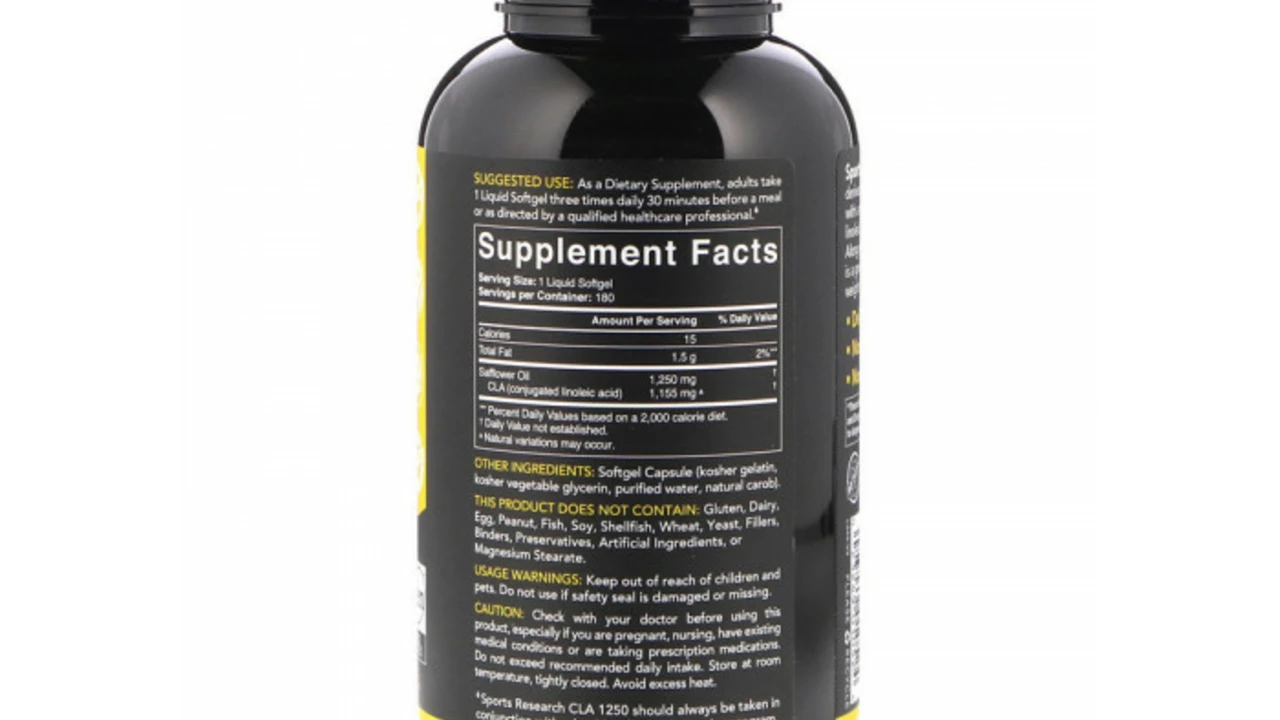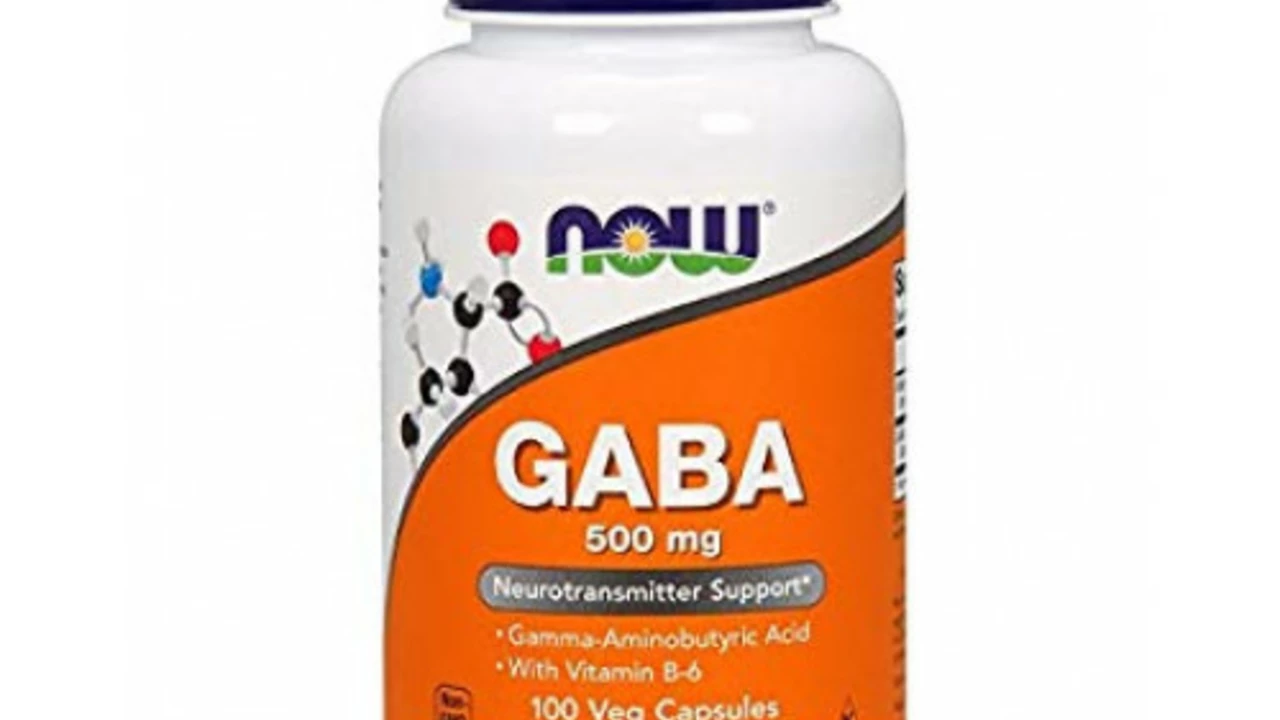Dietary Supplement Guide: What Works, What’s Risky, and How to Choose
Not all supplements are harmless — some help, some waste your money, and a few can harm you. If you shop for supplements, this page helps you spot winners and avoid junk. We focus on real tips: what to look for on labels, how to check quality, and when to talk to your pharmacist or doctor.
Start by naming your goal. Are you boosting vitamin D, supporting digestion, or trying an herbal remedy like shepherd’s purse or ostrich fern? A clear goal narrows choices and cuts down marketing noise. Next, check the ingredient list. Look for active ingredient amount per serving, not just the total capsule weight. For vitamins and minerals, compare the dose to recommended daily values. For herbs and newer compounds like secretin, search for human studies or reliable product testing.
How to pick a safe supplement
Choose brands that list third‑party testing from groups like USP, NSF, or ConsumerLab. That testing shows the product contains what the label claims and is free from heavy metals or contaminants. Avoid products that promise miracle cures or use celebrity endorsements as their main proof. If a product contains a long proprietary blend with no amounts listed, skip it — you can’t judge potency or safety.
Dosage, interactions, and when to ask a pro
Supplements can interact with prescription drugs. For example, some herbal products affect blood thinners or blood pressure meds. Always tell your pharmacist about supplements you take. If you start a new medication, ask whether your supplements interfere. Keep dosing simple: more is rarely better. Stick close to the label dose unless a clinician advises otherwise.
Buy from established pharmacies or reputable online stores. Watch for oddly low prices — fake or diluted products often hide behind bargains. Check expiry dates and batch numbers. If you buy online, prefer stores that provide contact info, clear return policies, and secure checkout.
Look at tablet color and smell. Strong chemical odors or inconsistent colors can be a red flag. If capsules crumble easily or powders clump badly, that might signal moisture or poor manufacturing. Keep supplements in a cool, dry place; heat and humidity break them down.
Supplements are useful when a deficiency is proven, like low B12 or vitamin D. They’re also helpful when diet alone can’t meet needs — for example, folate during pregnancy. Herbs may provide mild benefits for some people, but expect smaller effects than prescription drugs.
If you’re unsure, start small and track results. Note changes in energy, digestion, sleep, or symptoms. Follow up with a blood test when appropriate. Your pharmacist at Shiner Family Pharmacy can help match safe options to your health goals and medications.
Special groups need extra care: kids, pregnant people, seniors, and anyone with kidney or liver issues. For children use products made for them and check dosing. Seniors may need lower doses and drug reviews. When in doubt, bring the supplement bottle to your pharmacy for a check or ask staff.




